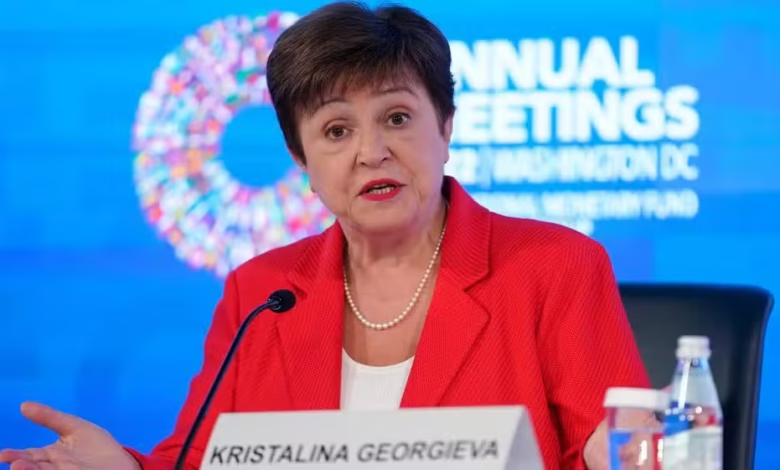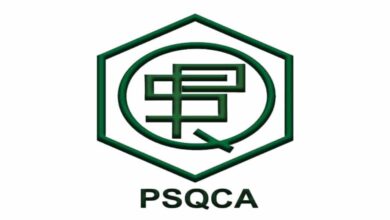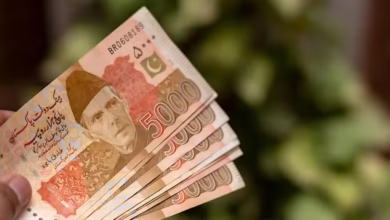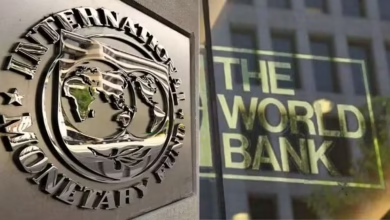Global Economy Likely to Avoid Recession Despite Tariffs: IMF Chief

Despite the impact of US President Donald Trump’s tariff rollout on growth, the chief of the International Monetary Fund stated Thursday that the world economy is likely to avoid a recession.
The stop-start US tariff measures have increased market volatility to levels not seen since the Covid-19 outbreak, and most economists believe that new import taxes will, at least initially, slow GDP and raise inflation.
IMF Managing Director Kristalina Georgieva told reporters in Washington on Thursday that trade interruptions “incur costs” and that the Fund now anticipates “notable” growth reduction, but no recession.
According to her, people live in a world of “sudden and sweeping shifts,” a reference to the recent volatility of the market.
“It is an exhortation to react sensibly,” she continued.
Her comments came ahead of the Spring Meetings, which the World Bank and IMF are co-hosting and will take place in the US capital next week.
Her comments imply that the IMF will lower its earlier prediction that global growth would reach 3.3 percent in 2025 and 2026 in its next World Economic Report, which is scheduled to be released on Tuesday.
Georgieva said the present tariff tensions will likely have three primary ramifications for the global economy, with smaller advanced economies and most developing markets expected to be more strongly hit due to their reliance on trade for growth.
“First, uncertainty is expensive,” she stated, adding that businesses find it challenging to plan if they are unsure of the future costs of their inputs.
She stated that “tariffs, like all taxes, raise revenue at the expense of reducing and shifting activity,” adding that “in the short term, new trade barriers hurt growth.”
“Third observation: over time, protectionism reduces productivity, particularly in smaller economies,” she stated.
Georgieva urged all nations to “put their own houses in order” by, among other things, keeping a “agile and credible” monetary policy with a “strong commitment” to central bank independence and gradually modifying their fiscal policies to reduce debt levels when needed.
She urged world leaders to improve consumers’ impressions of the economy in the face of declining consumer confidence, particularly in the US, saying that “perceptions matter as much as reality.”
According to Georgieva, countries should give priority to addressing both external and internal macroeconomic imbalances.
According to her, the IMF has advised Beijing to implement measures “to boost chronically low private consumption” and wean the Asian powerhouse off its present export-driven, state-supported economic model.
She went on to say that the US needs to put its rapidly growing national debt “on a declining path.”
Additionally, she stated that the European Union should continue to prioritize enhancing competitiveness “by deepening the single market.”
Georgieva urged the biggest nations to find a way past the present trade uncertainties. Georgieva is the head of an organization that has long supported free trade, privatization, and more open economies.
“The objective of trade policy should be to reach a settlement between the biggest players that maintains transparency and creates a more level playing field,” she stated.
To “restart a global trend toward lower tariff rates while also reducing nontariff barriers and distortions,” she continued, should be the goal.
“We need a stronger global economy, not a trend toward disunity,” she continued. Furthermore, rules need to give private agents time to adapt and deliver in order to ease the disruption.




